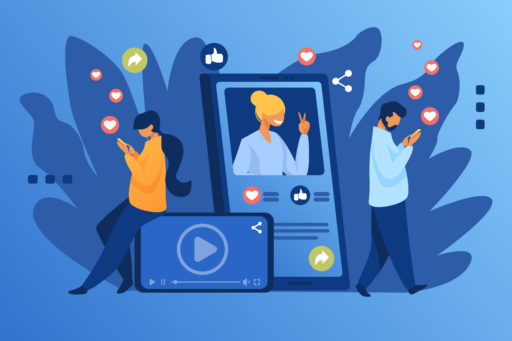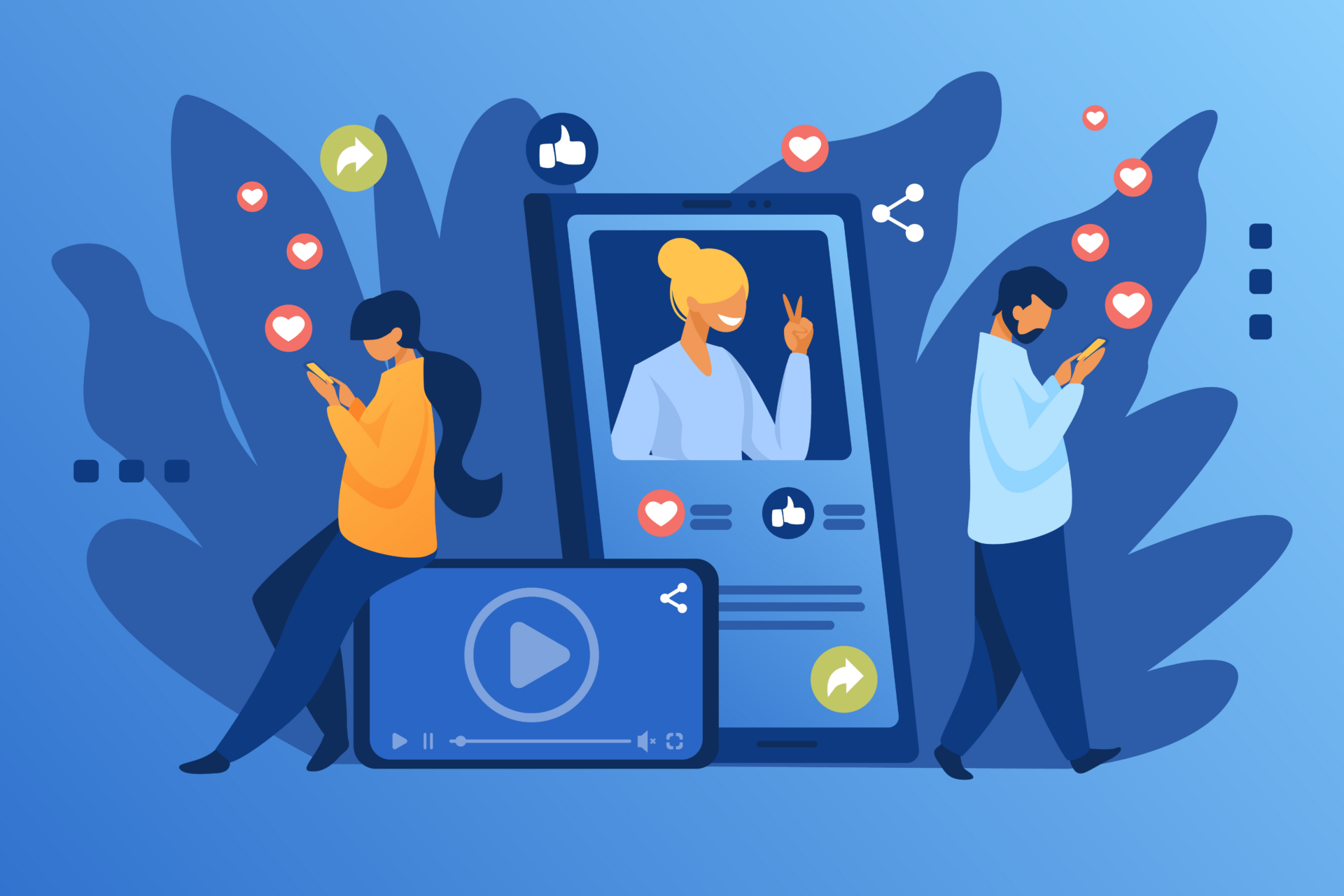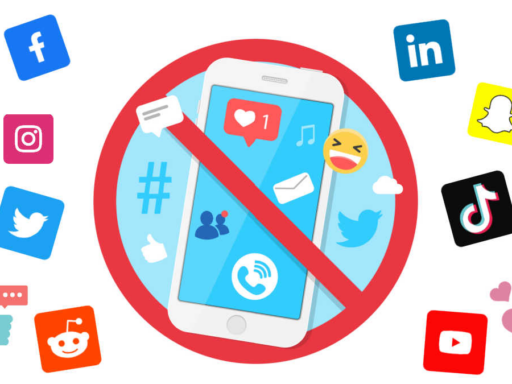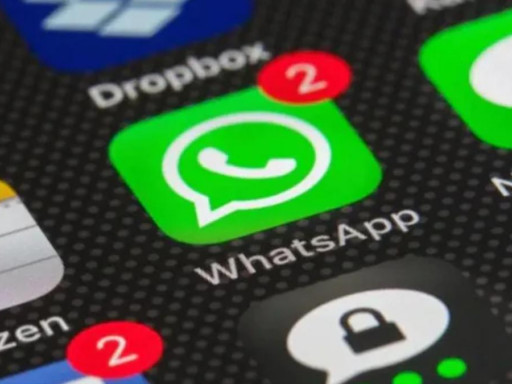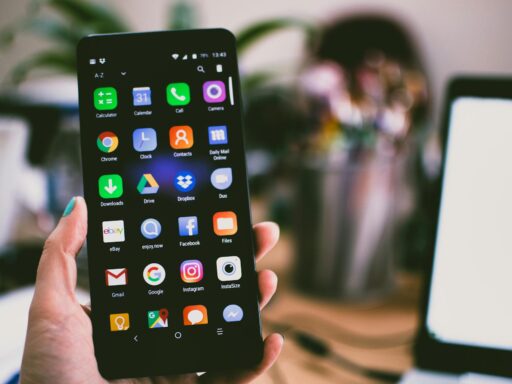Social media can be your best friend and worst enemy during your student years. Here’s how to make it actually useful, based on what really works:
The Smarter Way to Use Time
Instead of mindlessly scrolling through your ex’s vacation photos, follow accounts that’ll teach you something. But be selective—most “educational” accounts recycle basic facts. Look for working professionals who share behind-the-scenes insights about your field. A software developer showing their actual debugging process teaches more than 100 “learn to code” reels.
Finding Your Tribe
Skip the massive general study groups; they’re usually full of panicked students sharing wrong information before exams. Instead, find smaller, focused communities. A Discord server with 50 dedicated physics students is worth more than a Facebook group with 50,000 members posting memes.
The Group Chat Reality
Yes, create study groups—but keep them small and active. Five committed people who show up and contribute are better than 30 who just read messages. Pro tip: Create separate chats for socializing and actual studying. Nothing kills productivity like mixing memes with math problems.
Network Without Being Annoying
LinkedIn doesn’t have to be a cringe-fest of humble brags. Share your actual projects, even the failed ones. Professionals respect honesty more than perfect portfolios. Message people with specific questions about their work, not generic networking requests.
The Hidden Goldmine
The real value of platforms like YouTube isn’t in the polished educational channels; it’s in the niche content creators who solve specific problems. That random video with 500 views explaining exactly how to fix a coding error is worth more than a beautifully produced “intro to programming” series.
Staying Focused (For Real)
Let’s be honest—willpower alone won’t cut it. Use app blockers, but be strategic. Block social media during your peak productivity hours, not all day. You’re not going to study for 8 hours straight anyway, so plan realistic social media breaks.
Creating Content That Matters
Don’t just regurgitate what everyone else is posting. Share your genuine struggles and discoveries. An honest post about how you finally understood a difficult concept helps others more than generic study tips.
Social media is a tool; it’s not good or bad by itself. Use it intentionally, cut through the noise, and find what actually helps you learn. And sometimes, the best productivity hack is just putting your phone in another room and getting to work.

